There's no need to be intimidated by the prospect of buying a second-hand EV, given the wealth of dealer and aftermarket resources on offer to advise and support owners taking their first steps into the world of electrification.
The nature of their powertrains, performance and construction, however, does mean that the process for identifying a good one isn’t the same as for a combustion-engined car. There’s no oil to dip, clutch to test or coolant to check here.
EV guide part one: every electric car rated | EV guide part two: your questions answered
Battery degradation
The biggest difference, and the aspect that understandably scares off some would-be buyers, is the battery. Batteries lose charge over their life, which has made some buyers afraid to buy pre-owned ones. But as long as you consider your range needs, you shouldn’t have much to fear.
It’s true that turn-of-the-decade EV pioneers couldn’t travel as far on a charge as their present-day descendants and will have lost some of that battery capacity as the years have gone by and their batteries have aged. The typical battery loses around 2% of its charging capacity each year, which is why most 2011-reg Nissan Leafs have lost about 5-8% of their original range.
Just how much the car’s range has depleted has a lot to do with how it has been treated by its previous owners. Excessive use of rapid chargers isn’t conducive to optimal battery performance, nor is always charging to full or discharging below 20%. There are two extremes, however, and low-mileage EVs have been known to suffer as a result of insufficient charging.
It’s relatively easy to check a battery’s health, because most EVs have a clear range indicator. An early Leaf is now likely to have only 13 of its 14 indicator lights illuminated when fully charged, for example. It’s harder to tell a Renault Zoe’s battery capacity; you need a dealer to interrogate the vehicle’s software. But ignore scare-stories about having to splash out thousands on a replacement battery pack, since it’s possible to buy replacement cells for a few hundred pounds that will restore the lost capacity.
What to watch out for
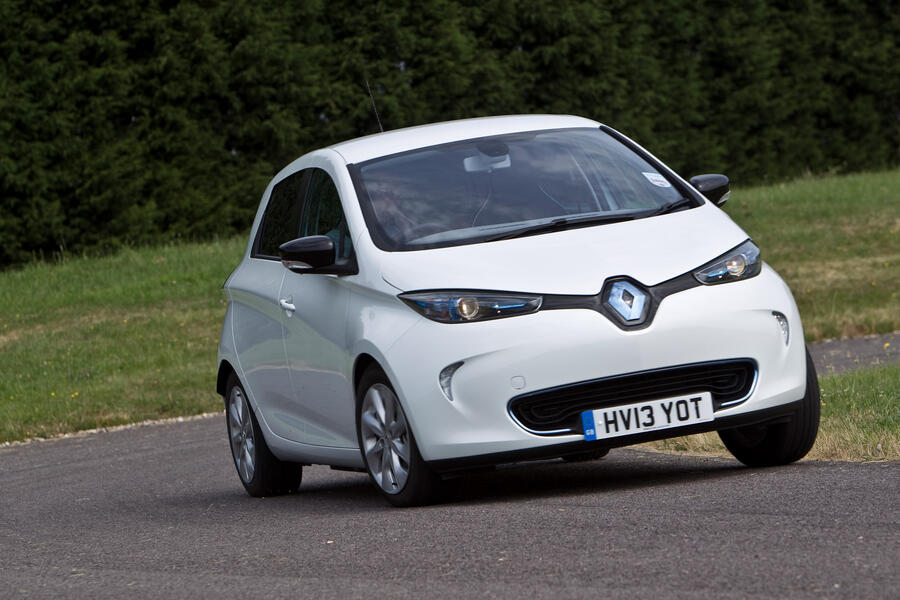
Only buy a used EV that has a full service history, because this guarantees that it has received all of its software updates. The battery may still be under warranty, too. Check all the electronics and infotainment functions work. Make sure all the charging leads are present, because replacements are expensive, and pay particular attention to the regenerative braking, because worn brake components suggest the car has been driven hard.

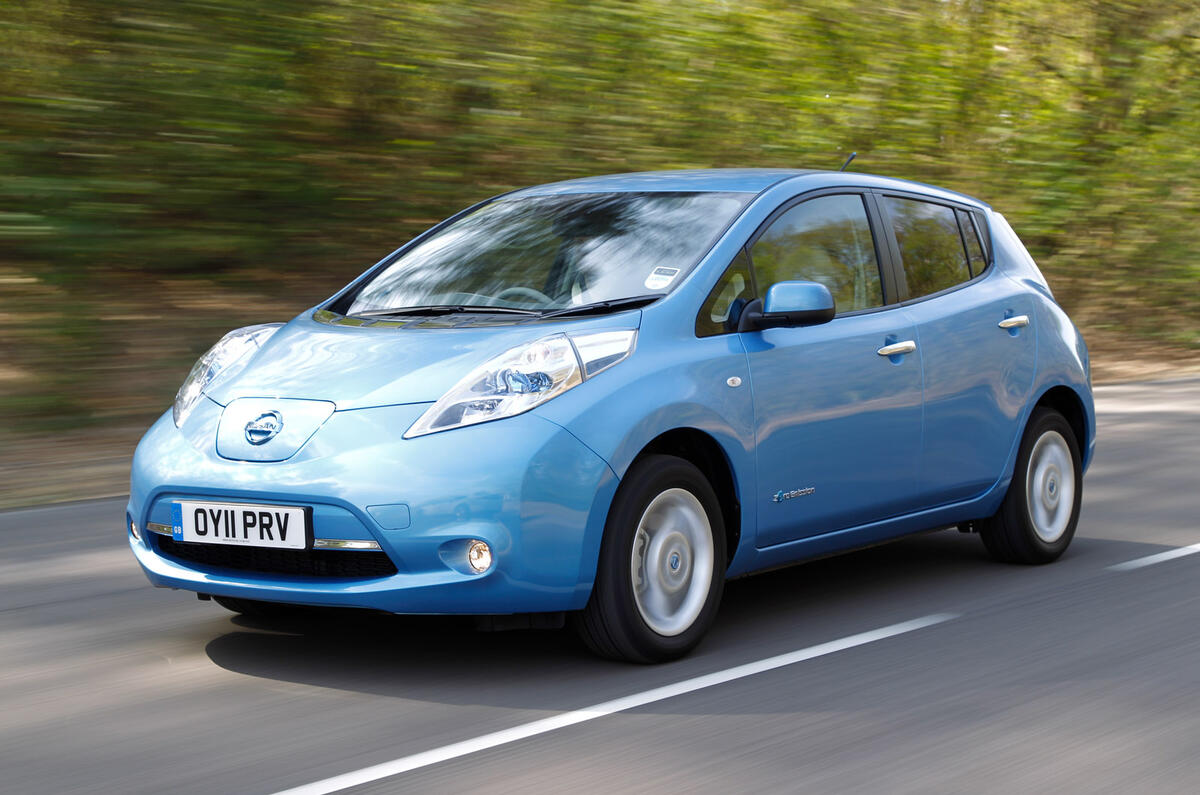
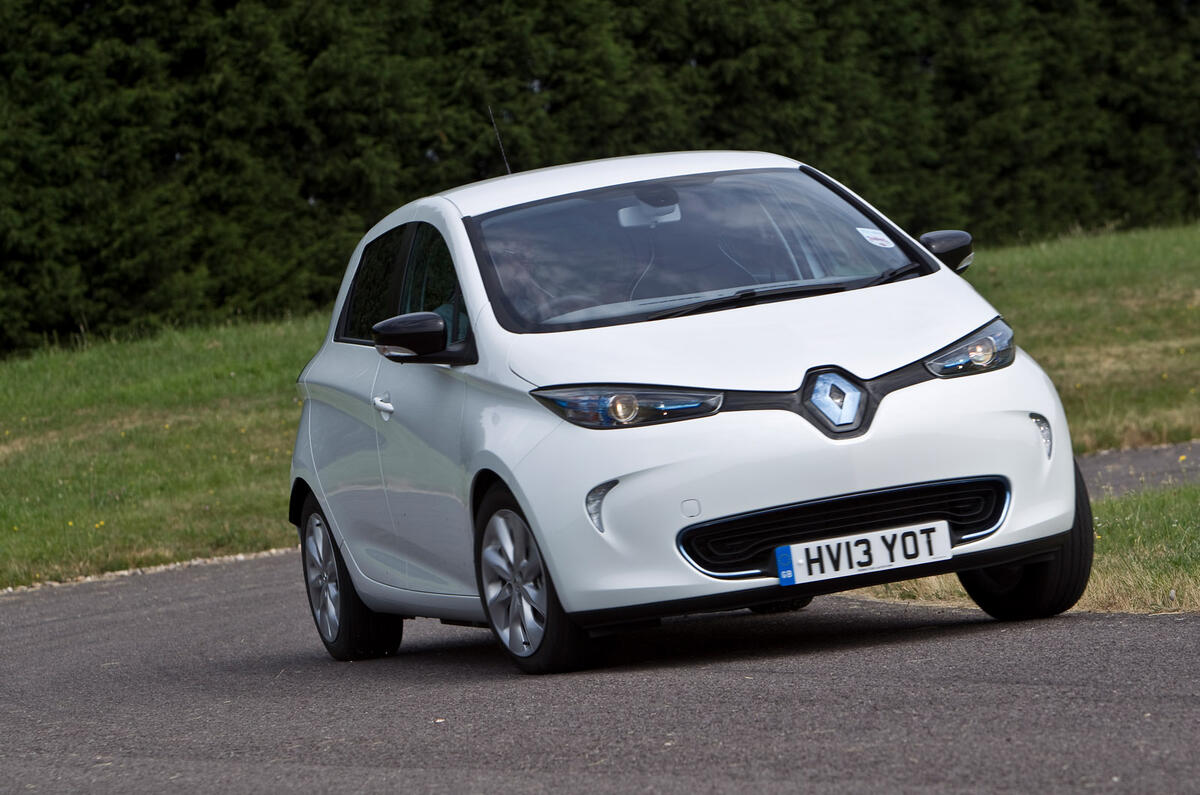

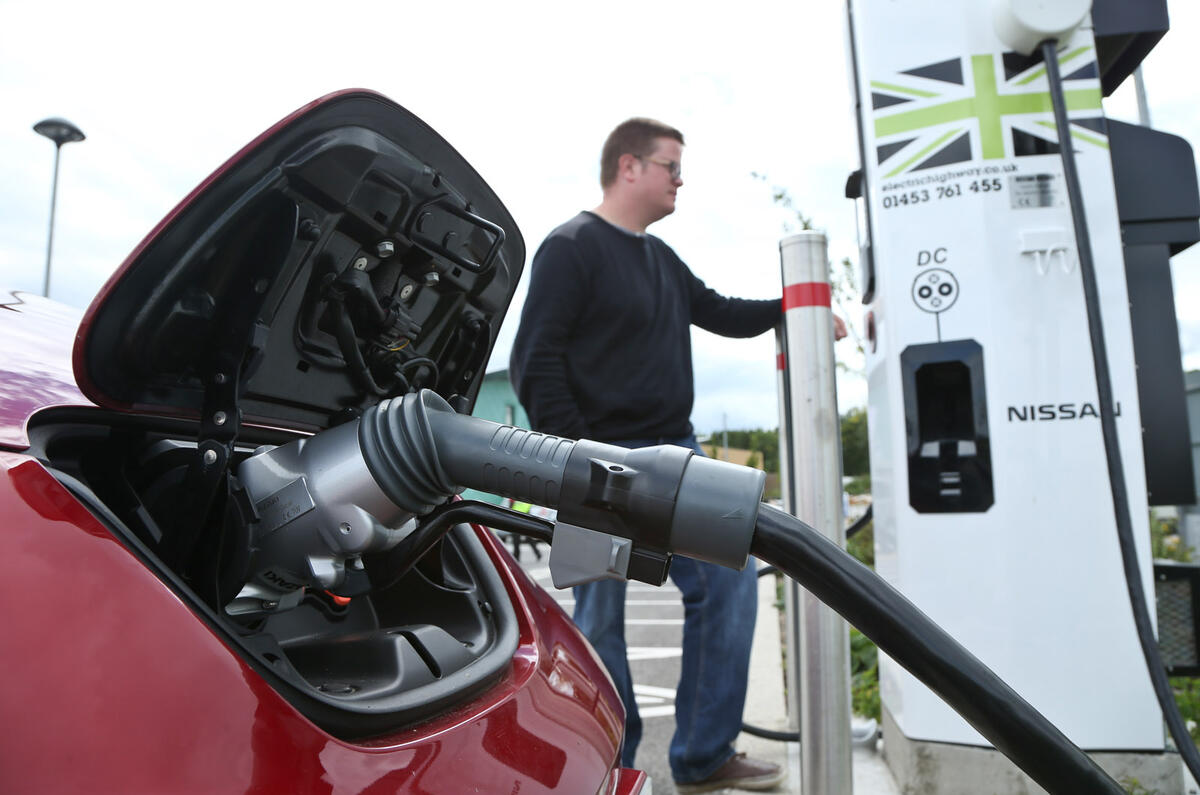
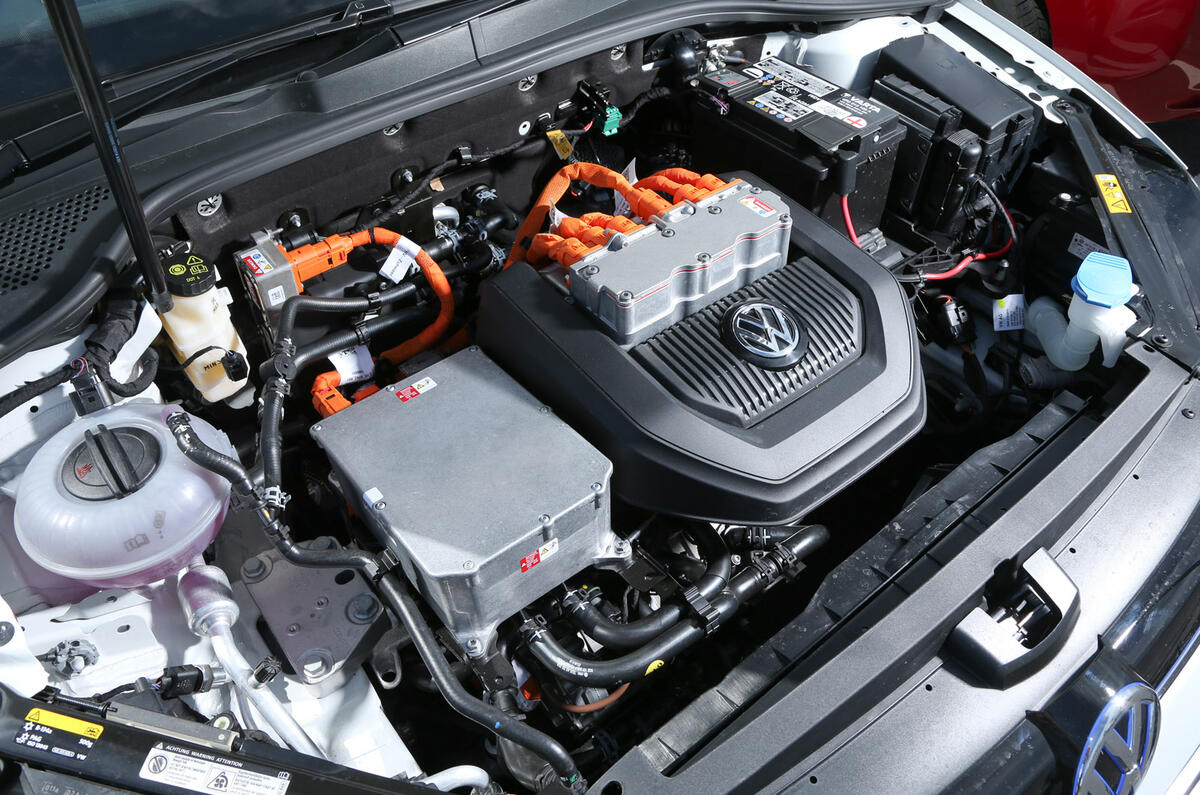
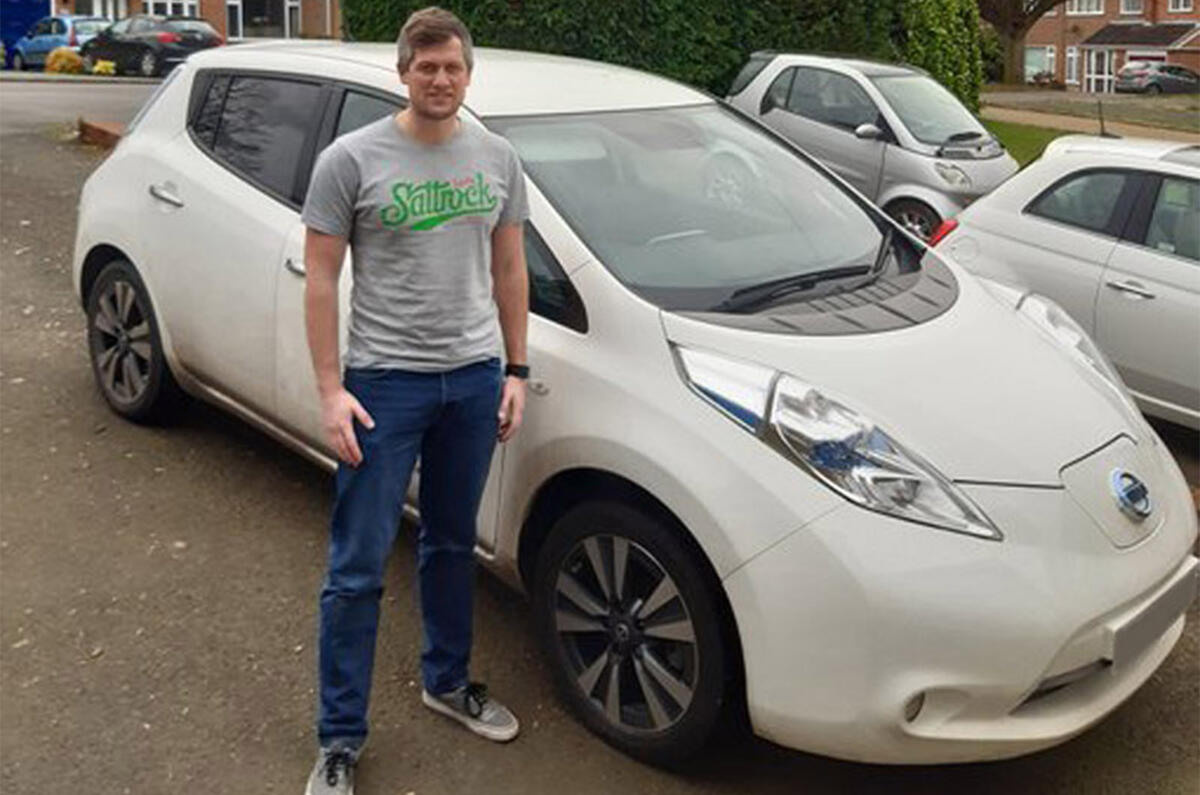
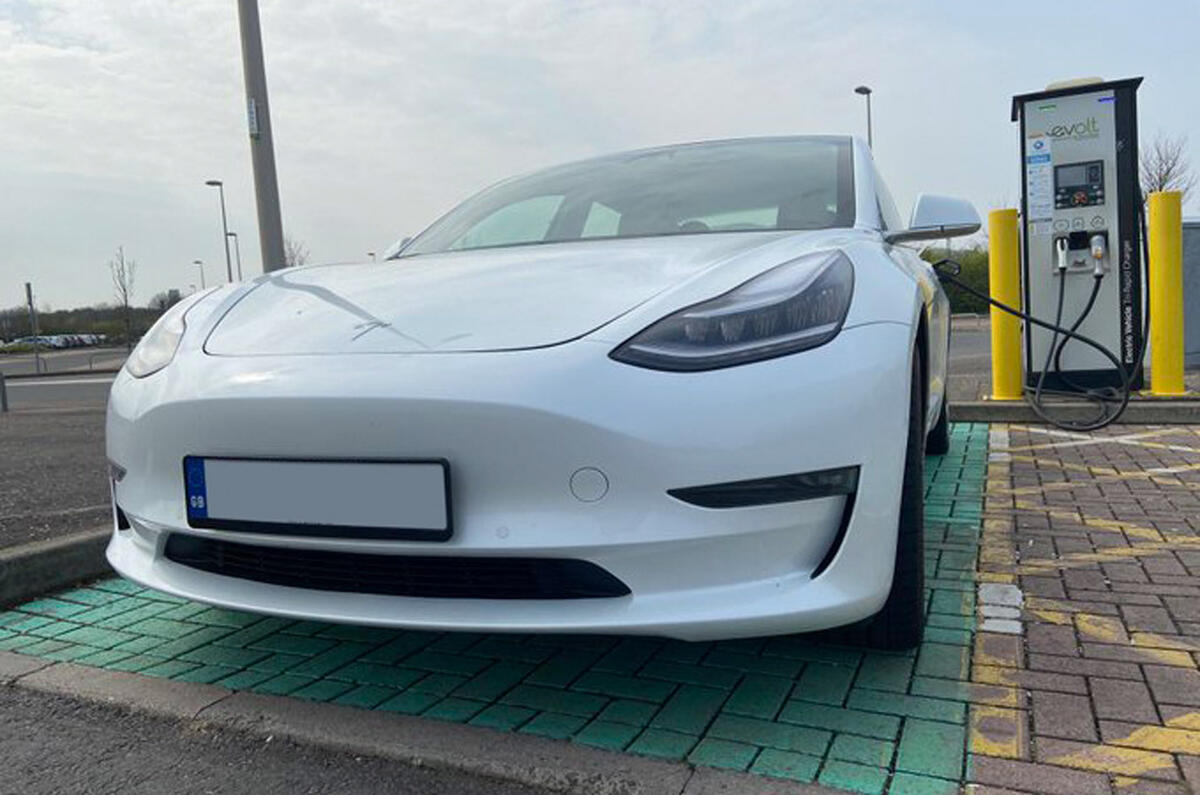
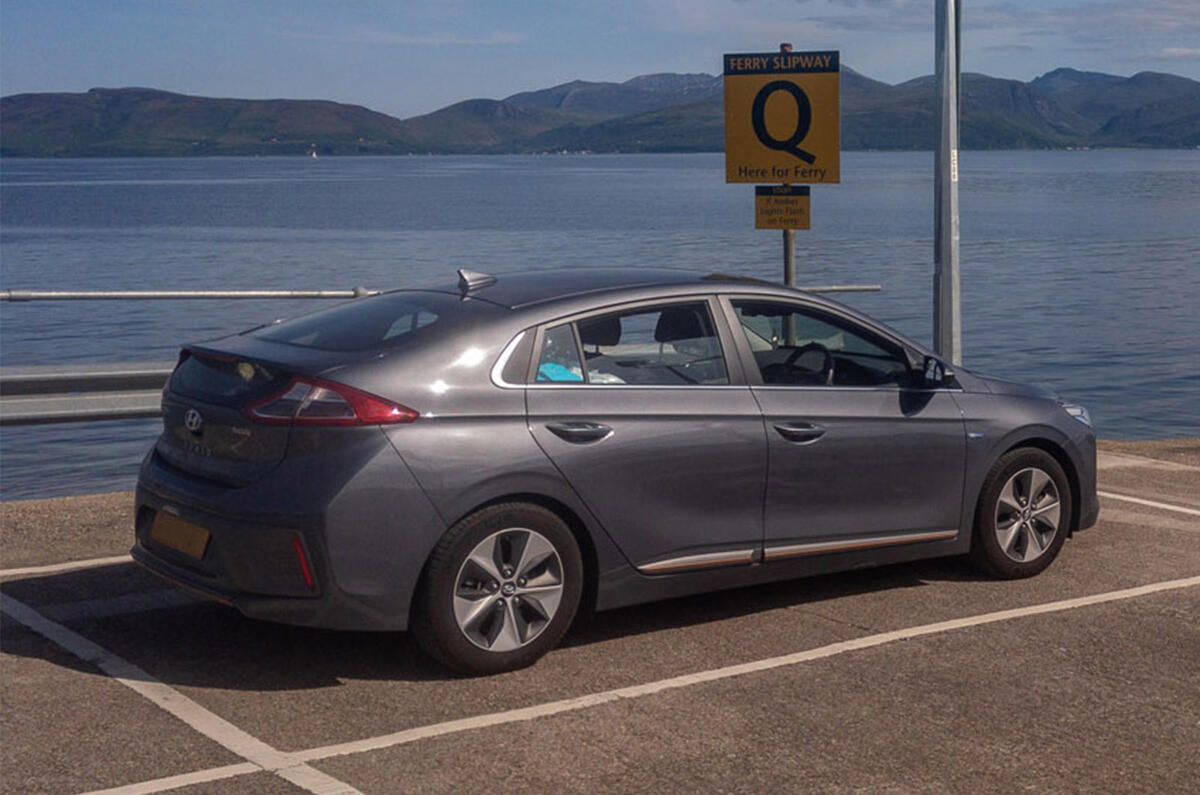
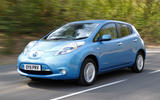
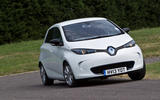


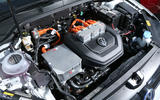

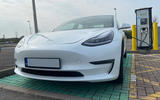
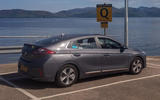



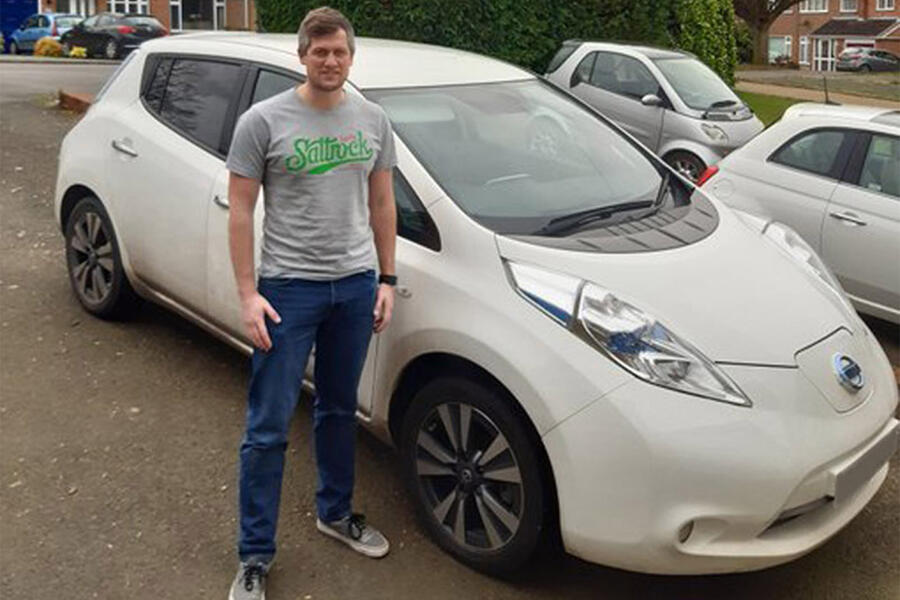
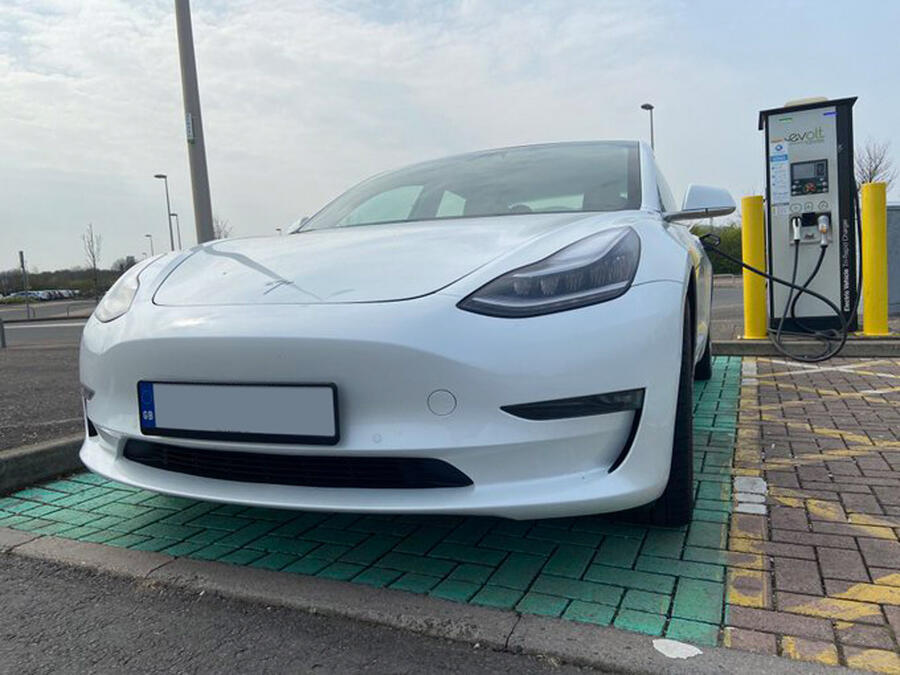
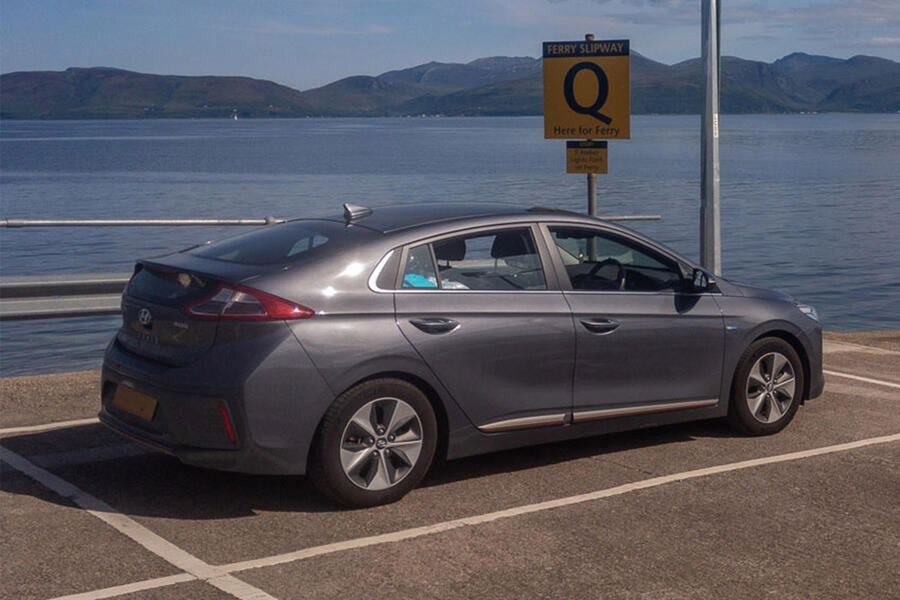

Join the debate
Add your comment
How did this get published?
"The typical battery loses around 2% of its charging capacity each year, which is why most 2011-reg Leafs have lost about 5-8% of their original range."
According to your own logic this should be 16- 18% depletion.
"Just how much the car’s range has depleted has a lot to do with how it has been treated by its previous owners. Excessive use of rapid chargers isn’t conducive to optimal battery performance, nor is always charging to full or discharging below 20%. There are two extremes..."
You mean like someone using them like a normal car? And how is charging to a full battery considered extreme?
"and low-mileage EVs have been known to suffer as a result of insufficient charging."
So, running them like a normal car = bad. Doing low mileage in them = bad. Gottit.
"It’s relatively easy to check a battery’s health, because most EVs have a clear range indicator. An early Leaf is now likely to have only 13 of its 14 indicator lights illuminated when fully charged, for example. It’s harder to tell a Zoe battery capacity; you need a dealer to interrogate the vehicle’s software. But ignore scare-stories about having to splash out thousands on a replacement battery pack, since it’s possible to buy replacement cells for a few hundred pounds that will restore the lost capacity."
Does that last sentence refer to the Zoe or all BEVs in general? Because I suspect it is deliberately obscure to suggest a normal person can replace the batteries in a BEV with little fuss. But this isn't true.
Autocar - you have just convinced me to stay away from these overpriced shopping trollies. Face it - the technology isn't there yet. These are rich person's toys that, when produced in their millions, and then scrapped in their millions a few years later, do more harm than good to the environment. The owner experiences seem to suggest they need two cars (rather than one) per family to make them worthwhile... how is this progressive?